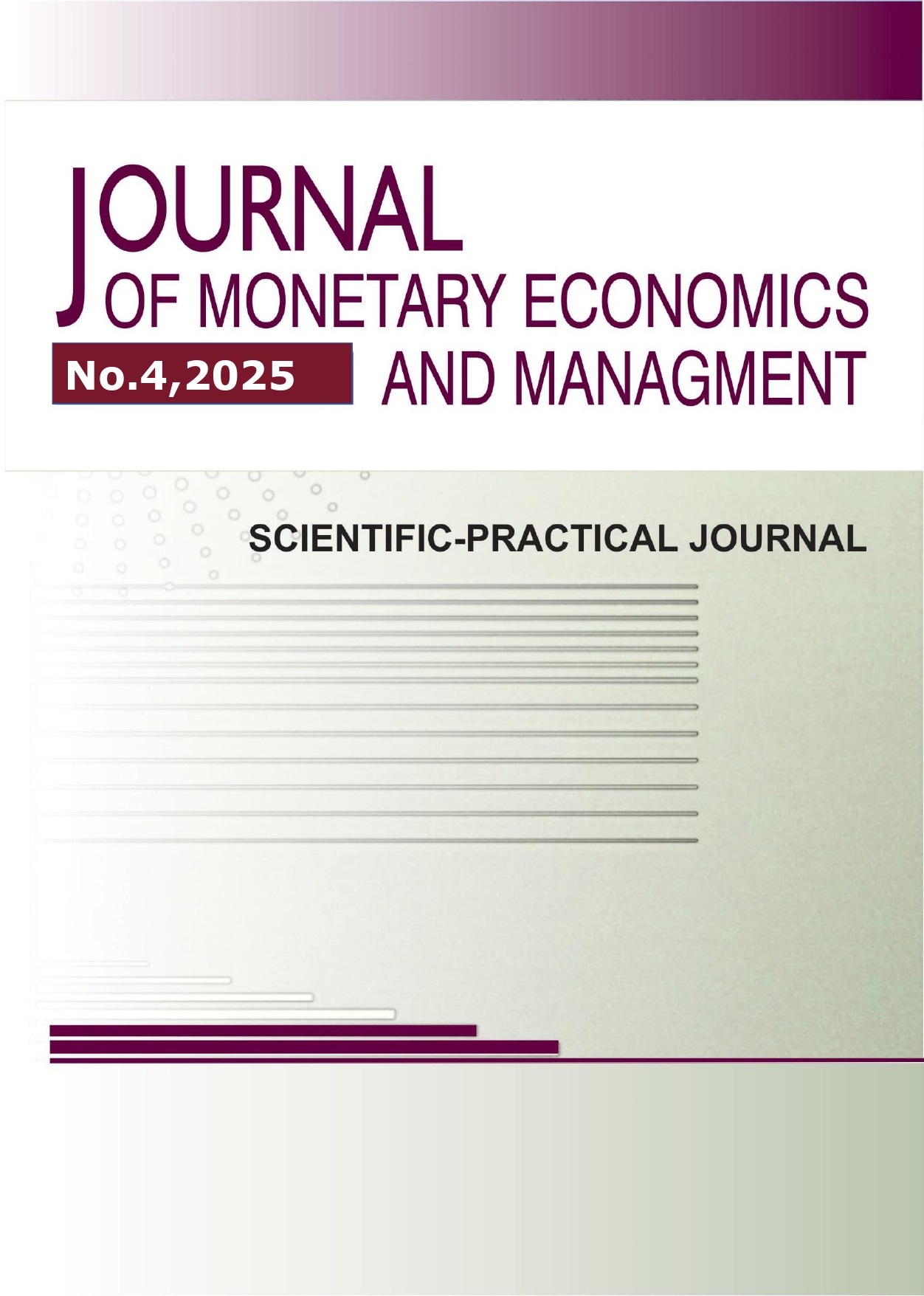student
employee
The rapid development of artificial intelligence technologies, including neural network algorithms for content generation, requires a rethink of established intellectual property norms, especially in the context of copyright protection.The article examines legal conflicts related to the definition of authorship and rights to objects created by AI, including works of art, inventions and software products. Using the examples of cases from the USA, Europe and Asia, gaps in legislation are analyzed, as well as regulatory mechanisms are proposed, such as the differentiation of rights between AI developers and users, the introduction of mandatory content labeling and the harmonization of international standards. Special attention is paid to the ethical and economic consequences of automating creative processes, including the risks of monopolization and retraining programs for creative professions.
artificial intelligence, intellectual property, copyright, patent law, algorithmic creativity
1. Evropeyskiy parlament. (2024). Reglament ob iskusstvennom intellekte (Artificial Intelligence Act). Lyuksemburg: Oficial'nye publikacii ES. S. 28–36. URL: https://eur-lex.europa.eu/
2. Thaler v. Hirshfeld, 558 F. Supp. 3d 238 (E.D. Va. 2022). S. 3–12.
3. Vsemirnaya organizaciya intellektual'noy sobstvennosti (VOIS). (2023). Iskusstvennyy intellekt i intellektual'naya sobstvennost': global'noe issledovanie [AI and IP: A Global Survey]. Zheneva: WIPO Publications. S. 15–50. URL: https://www.wipo.int
4. U.S. Copyright Office. (2023). Compendium: Chapter 300 (4th ed.). Vashington: U.S. Government Publishing Office. S. 10–14. URL: https://copyright.gov
5. Koepull, S.V. (2024). Komu prinadlezhit rezul'tat? [Who Owns the Output?]. Harvard Journal of Law & Technology, 37, 112–145. DOI:https://doi.org/10.1037/xyz
6. Pravitel'stvo Respubliki Koreya. (2023). Zakon o razvitii i etike iskusstvennogo intellekta [AI Development and Ethics Act]. Seul: Oficial'nyy vestnik. S. 8–16. URL: https://www.korea.go.kr
7. Evropeyskoe patentnoe vedomstvo (EPV). (2021). Reshenie po zayavke EP 18 275 163. Myunhen: EPV. S. 20–25. URL: https://www.epo.org
8. Reuters. (2024). Kontent, sozdannyy II, na cifrovyh rynkah [AI-Generated Content in Digital Markets]. London: Reuters Analysis. S. 4–9. URL: https://www.reuters.com
9. Oxford Economics. (2023). Avtomatizaciya i tvorcheskiy trud [Automation and Creative Labor]. Oksford: Oxford Economics. S. 5–12. URL: https://www.oxfordeconomics.com
10. Evropeyskaya komissiya. (2023). Publichnye konsul'tacii po reforme avtorskogo prava i II [Public Consultation on AI and Copyright Reform]. Bryussel': EC Publications. S. 1–8. URL: https://ec.europa.eu
11. Sud Tokio. (2023). Delo Sony Corp. protiv Yaponskoy associacii po avtorskim pravam [Sony Corp. v. Japan Copyright Association]. Tokio: Oficial'nye sudebnye otchety. S. 15–20. URL: https://www.courts.go.jp
12. U.S. Patent and Trademark Office (USPTO). (2024). Pilotnaya programma dlya izobreteniy, sozdannyh II [Pilot Program for AI-Generated Inventions]. Vashington: USPTO. S. 30–35. URL: https://www.uspto.gov
13. VOIS. (2024). Global'nye principy regulirovaniya II i intellektual'noy sobstvennosti [Global Principles for AI and IP]. Zheneva: WIPO. S. 7–12. URL: https://www.wipo.int









